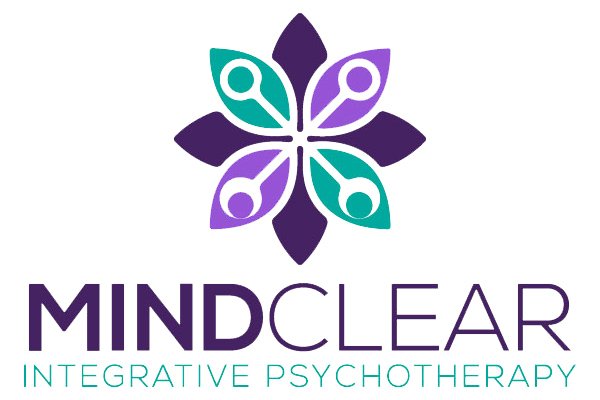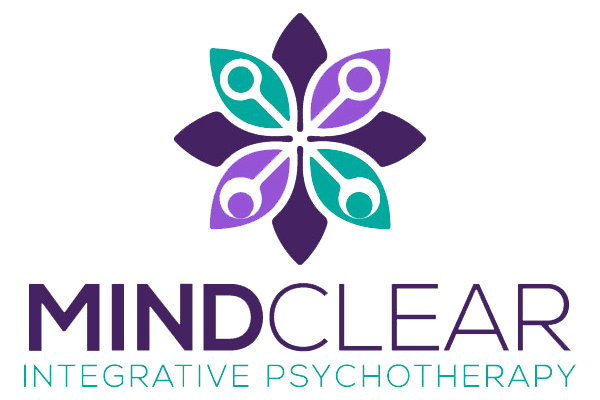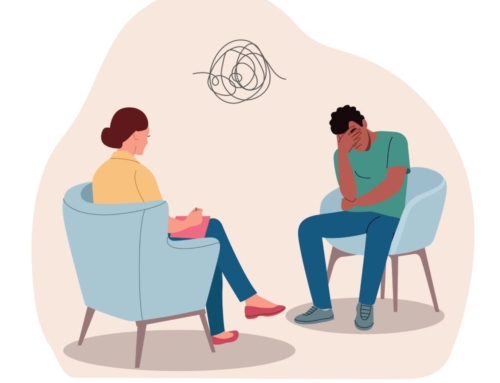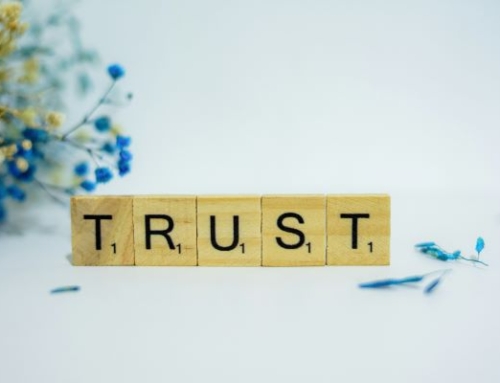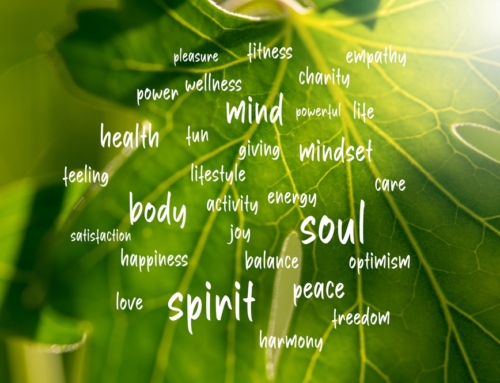Guilt: When is it too much, and when is it not enough?
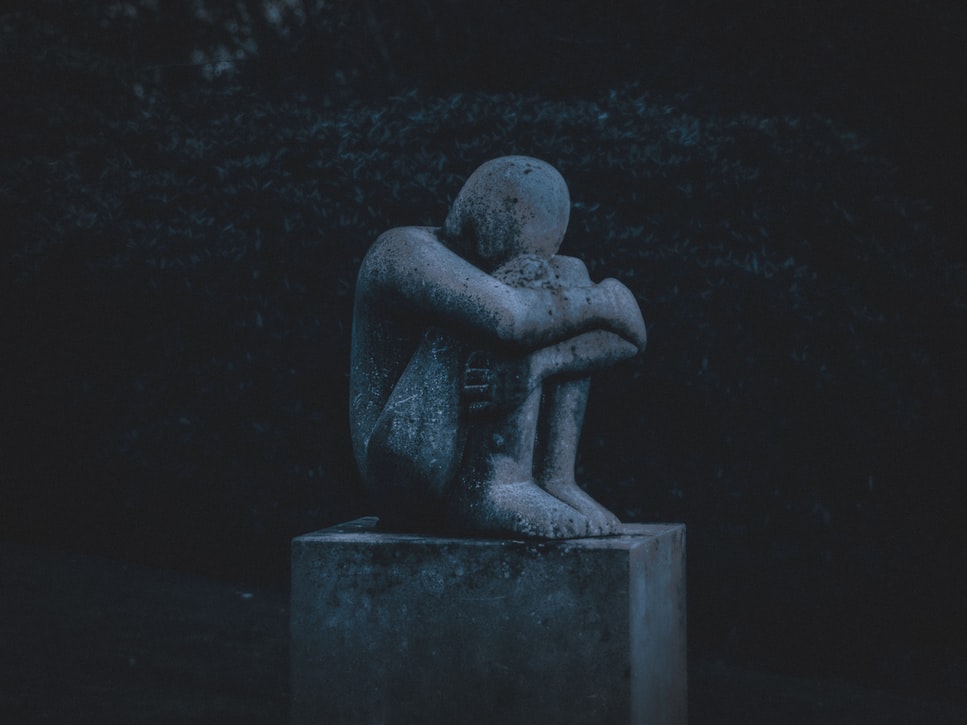
Guilt is a natural instinct that theoretically helps with social bonding. The feeling of guilt can lead a person to recognize and correct behaviors that may hurt others, make amends when someone has been hurt, and make choices that are for the greater societal good.
For the most part, we all feel guilty from time to time. It’s an opportunity for us to learn, grow, and humble ourselves. Guilt is, in healthy doses, protective, pro-social, and adaptive.
At the same time, guilt can wreak havoc on one’s relationships and overall sense of self. This is especially true when guilt’s sister emotion, shame, comes into play. Guilt and shame are problems both when there is too much and when there is too little – sometimes, in fact, the problems can look exactly the same on the surface, despite entirely different internal experiences.
A person can feel guilty for behaviors, thoughts, or even just existing (feeling like a burden), with or without any realistic basis for these feelings.
Let’s look at some of the ways in which guilt can impact someone’s life, and reasons why guilt might be a problem in the first place.
Types of guilt
Survivor’s guilt – This tends to occur when a person has survived something very difficult and/or traumatic while others may not have been so fortunate. It may arise after someone survives a car accident, for soldiers returning from war, a child who was saved from an abusive situation when other children were not, a person who escaped a difficult community when others did not, etc. Essentially, a person feels bad for being ok, even when they had nothing to do with the misfortunes of others.
Cultural or religious guilt – Some religions and cultures utilize guilt as part of the core tools for social control. When a person acts in ways that are not in accordance with accepted social norms or values, guilt can quickly arise and may be actively reinforced by the community. This type of guilt can be particularly destructive when there is something fundamental to a person, like their gender or sexuality, is perceived to go against this moral code.
Collective guilt – There are times when entire groups and/or societies are faced with acknowledging atrocities of the group as a whole. Take, for instance, Germany after World War II. The collective guilt of that country led to reparations and many reforms on racism and political infrastructure, which helped the society as a whole heal from great tragedy. On the other hand, there is the collective guilt of White persons and the United States for atrocities committed against Black, Native American, and Hispanic groups that, on a whole, tends to lead more to defensiveness and justification of actions. Looking at collective guilt provides insight into the many ways guilt can both help and harm.
Anticipatory guilt – When someone has a thought about a future action that results in feelings of guilt, this can be a great way to not engage in such actions. This is where guilt can help prevent future harm. Conversely, when the future actions cannot be avoided (i.e., breaking up with someone), this guilt can lead to unnecessary avoidance and prolonged pain for an individual. Further, one might become defensive about their feelings of guilt when nothing has even yet happened!
Traumatic guilt – When bad things happen to a person, he or she might end up taking responsibility and feeling guilty for the very thing that hurt them. When a child is abused, that child often blames his or herself as if he or she is the cause of said abuse. Similarly, rape victims frequently feel guilty for having caused the rape. Theoretically, this could be viewed as an effort to control the uncontrollable – sometimes guilt feels a lot better than helplessness. This type of guilt also tends to be closely associated with chronic shame and feeling constantly like the person has done something wrong.
Guilt as a tool – Guilt as a manipulative tool (guilt tripping) to get people to do what they want. Many children who grow up within a toxic family dynamic experience this, resulting in chronic feelings of inadequacy and badness. Additionally, they have become conditioned to be manipulated by others as a result. It’s a vicious cycle.
Guilt as identity – this is better classified as shame…
Guilt versus shame
Guilt tends to be defined as an emotional reaction to some kind of event wherein the person presumes some responsibility for said event. Shame, however, is more about one’s sense of self. A person can feel guilty for, say, inadvertently hurting someone else’s feelings in the course of conversation while never feeling like a “bad” person for doing so. Shame results when the person extrapolates such an event to be an example of some aspect of the self.
While guilt is an adaptive, prosocial emotion, shame is rarely helpful and almost always hurtful.
Excessive guilt
Guilt becomes a problem when it is excessive, chronic, and/or not rational to a given situation. Chronic guilt often is associated with experiences of self-doubt, self-criticism, shame, and passivity.
Sometimes this intense guilt can become part of a person’s identity. When one is so used to feeling a certain way, and expressions of guilt have led to reinforcing responses or a sense of being a “good” person because of feeling guilty, this can become so internalized that it is hard to separate who you are from how you feel.
Chronic criticism and/or lack of praise from parents can lead to a never-ending desire to get others’ approval due to the guilt and shame from feeling not good enough. This kind of guilt/shame is often at the core of what appears to be arrogance or narcissism on the surface. It also can lead to self-destructive behaviors and substance use.
Intense guilt, over time, tends to lead to defensiveness, such as minimizing, projecting onto others, blaming others, harmful behaviors towards the self, and engaging in irrational behaviors to make up for the perceived guilt (make yourself good again). These behaviors can be particularly problematic when the intense guilt felt is not in line with what others perceive or experience of you.
In other words, excessive feelings of guilt aren’t really worth it in the end. Self-compassion and a healthy balance of self-awareness and responsibility are far more conducive to feeling good and getting along with others. Beating ourselves up just hurts everyone!
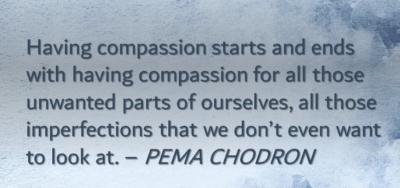
Guilt often equated with “badness”
Excessive guilt usually exists within a black and white framework where there are absolute rights and wrongs, good and bad people, and all-or-nothing values. Sometimes guilt can be tied to a need for control – if I am bad, then I can fix it. This is a fallacy. Bad things in life often cannot be prevented or controlled. Particularly in the case of survivor’s guilt, it helps no one to take responsibility for something that you did not do. And, because there is nothing you can do to “fix it” or control bad things, you might find overtime that you become consumed by trying to control everything else. This can manifest in problems with relationships, ruminations (i.e., your brain trying to predict all possibilities so you can be prepared), obsessive or compulsive behaviors and thoughts, lack of spontaneity, fears of the unknown, fears of uncertainty, rigidity, and more.
Better to consider the idea that just because a person might have said or done something “bad,” this does not make a bad person. It just means a mistake was made and guess what? We all make mistakes. All the time.
Sociopathy
Obviously, a complete lack of guilt or shame is not ideal either. This is essentially what is meant by the term sociopath.
Rather than excessive guilt or no guilt, as with most things the key is finding a healthy balance.
We all need to recognize and own up when we’ve hurt someone else or even belong to a group that tends to hurt others. At the same time, we must challenge the idea that this makes a person “bad” or that endless efforts to atone, defend, or punish oneself are pointless. As cliché as it may be (and clichés do exist for a reason), the best antidote to guilt is not retribution or pain. It is self-love. Compassion. Humility. And kindness.
